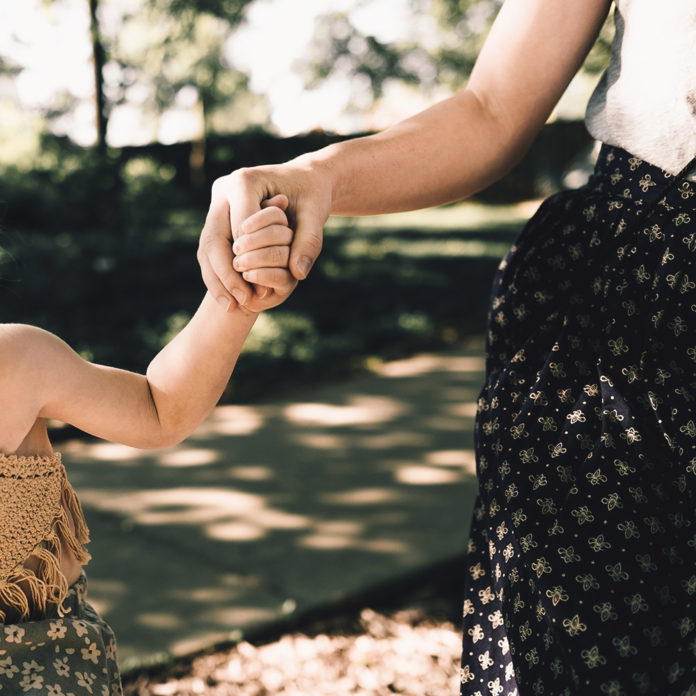
Not only does our behaviour and the way we speak to each other plays a vital role in influencing our little people, our style of parenting has a major impact on our children’s mental and emotional well-being. Our parenting style, being how we chose to parent our children, has the potential to either positively or negatively affect them as individuals who eventually become adults.
Therefore, it’s always good to touch sides and to know whether our selected parenting style is adding value to our children, or if it is stealing from their future and well-being. Parenting isn’t easy and no one can ever fully prepare you for it. In fact, it feels like you have been thrown into the deep end, and it’s either sink or swim. Most of us try our best to either repeat what we know, what we experienced as kids growing up, or we go the opposite extreme and do the complete opposite as to avoid what our parents did to us. Which may come from a good place with the best of intentions
Your parenting style refers to the combination of strategies that you use to raise your children. The work of Diane Baumrind in the 1960s created one commonly referenced categorization of parenting styles. The four Baumrind parenting styles have distinct names and characteristics: Authoritarian or disciplinarian, permissive , uninvolved , authoritative.
A closer look at the four parenting styles
-
Authoritarian
Authoritarian parents are very strict and controlling, and expect their children to obey very clearly stated rules. There is no room for give and take, or for the authority of the parents to be challenged. Children who grow up under this parenting style often come across as timid, meek, low self-esteem and always need guidance from authoritative people. `
-
Authoritative
Whilst these parents may retain authority and control within their homes, they are a bit warmer and communicate better than Authoritarian parents. This dynamic of parenting encourages children to be independent but to be respectful of their parents too. This parenting style may have high expectations for their children, but encourages freedom of expression. Therefore, children grow up feeling independent, and end up being successful.
-
Permissive
Permissive parents are warm, accepting, and very rarely make demands for their children to meet. This parenting style avoids confrontation, and would prefer to be their childs friend as opposed to being the parents making not so nice parenting calls.
-
Uninvolved
Uninvolved parenting demands next to nothing, and does not give anything in return. They are not involved in their child’s life, and do not offer any emotional support or nurturing whatsoever!
What is my parenting style?
Very few parents fit into one neat parenting style box. Whilst, the majority of flow between the various styles when needed, our styles of parenting will adapt according to the needs of the child in particular moments and seasons of life that they are in. We need to be aware of nurturing them, whilst instilling confidence and self-discipline – which may meaning moving between the different parenting styles in order to help shape, guide and nurture our children. As parents, we always needs to know how to adjust our parenting style as a means of encouraging them to flourish and grow into all that they are called to be.
